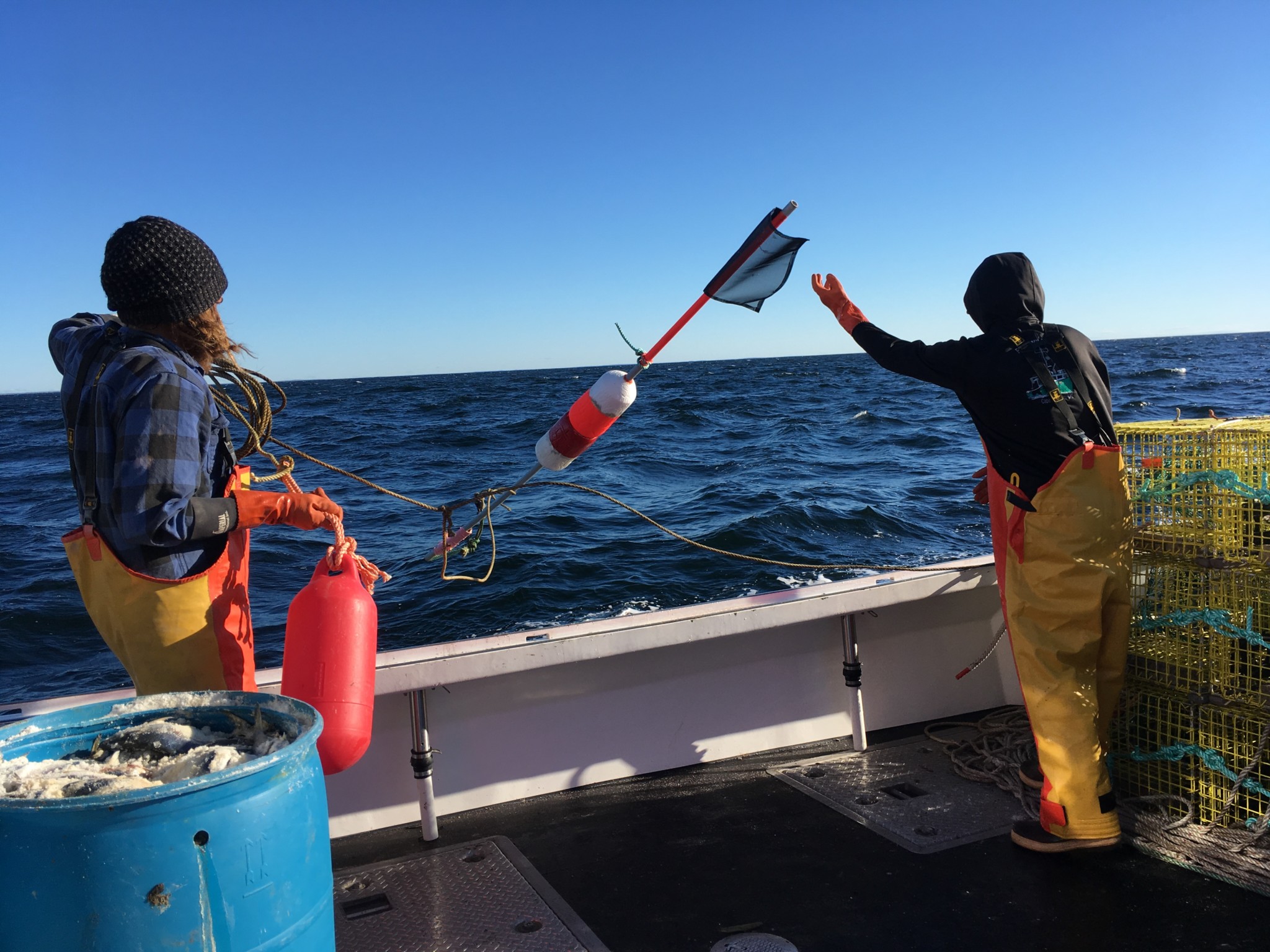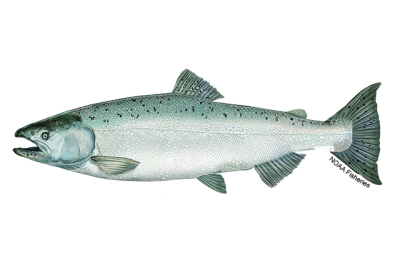Fair warning: This is an opinion piece and includes a healthy dose of my own conjecture.
The historic addition of unemployment benefits for self-employed and contract workers — fishermen included — was a necessary change in the way we support our critical infrastructure as we peer down the barrel of this pandemic.
Now, almost a month out from the passing of the $2.2 trillion stimulus package, most fishermen are finding that they may still be left out in the cold.
The Paycheck Protection Program was funded with $349 billion slated to secure jobs for millions of Americans working for small businesses.
One of the hangups with this program was that it was never set up to allow applications with 1099s — the tax form most fishermen use. Even a boat owner with regular, year-round crew couldn't get coverage for the crew the way the program was set up.
To top it off, most of the banks that are approved to process these types of federal loans and applications are big banks. They deal primarily with bigger businesses, the kinds with lawyers on retainer and accountants and payroll managers.
Those businesses were big enough not only to get the ball rolling quickly with lots of people on hand to pull together the right paperwork for the application, but also to have established relationships with the banks that process the loans. And who do you imagine the banks are more eager to jump through hoops for? Answer: Their existing customers and the customers with the deepest pockets.
This is not a conspiracy; this is just business as usual. Problem is, business as usual flew out the window for most of us many weeks ago. We're working on a very different playing field than the banks are.
I'm hearing from the relatively few fishermen who managed to get loans processed through the PPP that the returns were meager — around $1,000 total. We've all heard the stories about massive corporations making off with tens of millions from the $349 billion fund. Yes, that happened. No, it's not right. Yes, it's up to us to be loud enough for the right people to hear us report back that this process was deeply flawed and entirely inadequate for America's independent business owners.
So what about that federal unemployment benefit? Well, it's certainly an option. But here's the catch: When a fisherman collects unemployment, they can't also be working. Makes sense, right? If you have a job, you are getting paid, so you don't need government assistance.
The problem is that many fishermen are working to bring food to American plates, but the price is not even enough to cover their fuel bill, much less their boat payment, mortgage, health insurance, and forget about hazard pay as part of our critical infrastructure.
If the local markets are not sustaining our fishermen, then more of them will be forced to tie up and collect unemployment. This will only exacerbate supply chain problems and local food security concerns in coastal towns.
If we are going to spend $2.2 trillion to bolster our critical national infrastructure, then at least some of that needs to go to our seafood harvesters to keep the fish flowing into our ports and the boats running out of our harbors.
So speaking of aid to the fishing industry, let's turn to the $300 million slated for support to commercial fisheries. That earmark is expected to be doled out under the Commerce Department. I put out calls to Chris Oliver's staff at NMFS and am waiting to hear back from them with more details as they become available.
I have heard that NOAA is considering distributing aid based on landings, not on permit-holders. This formula would likely follow federal disaster assistance programs.
Do you know any fishermen who fish or land their fish outside of their home state? I can think of hundreds if not thousands.
Many groundfish boats in Maine, for example, land fish in Massachusetts — a result of industry consolidation thanks in part to IFQ implementation and loss of working waterfront access. Then you have Alaska's considerable landings, much of which is harvested by a fleet based largely in Seattle and other ports around the country.
This would be like basing farm aid on where the farm's products are sold rather than where they are grown.
I encourage you all to reach out to organizational leadership and your federal representatives to ask them to press NOAA to work out a financial relief system that will work for the industry.
And if you haven't yet, please submit your feedback to NOAA.
I will keep updating as I get information on this and other stimulus developments.







